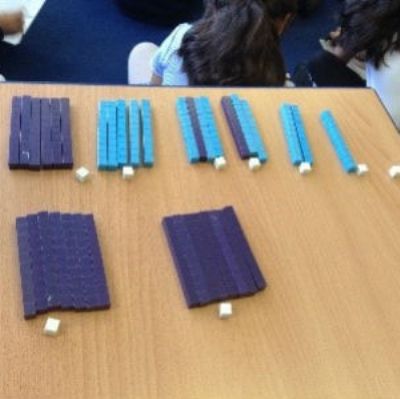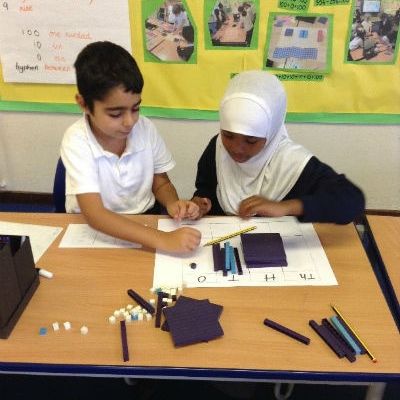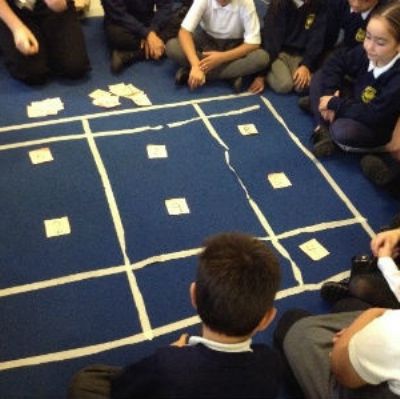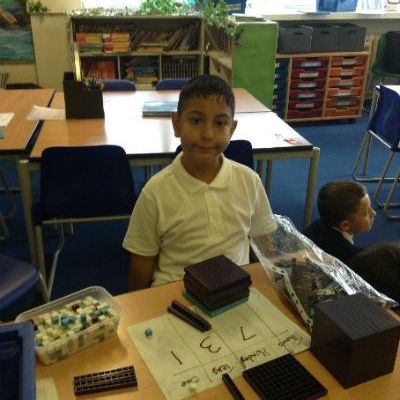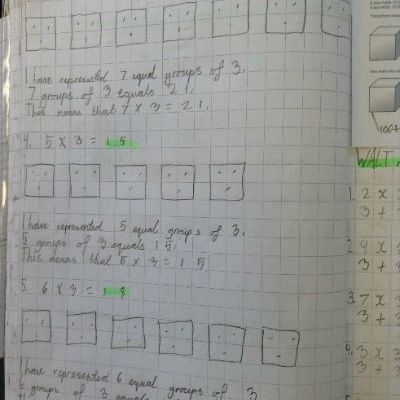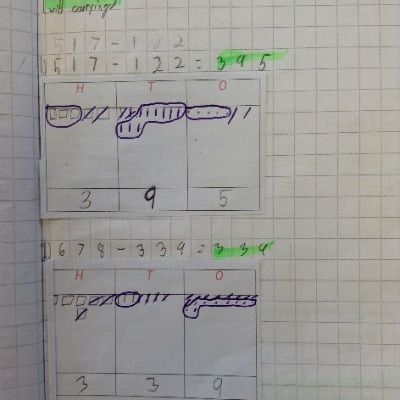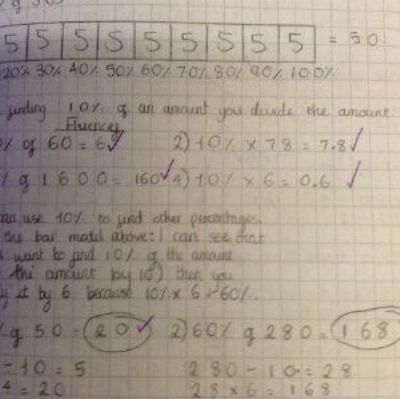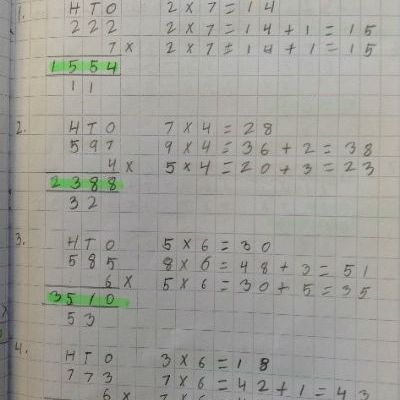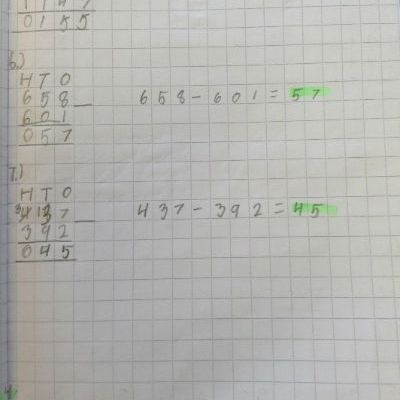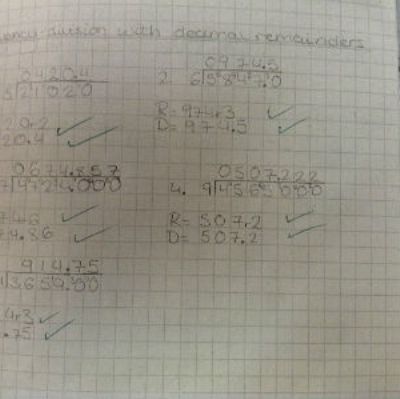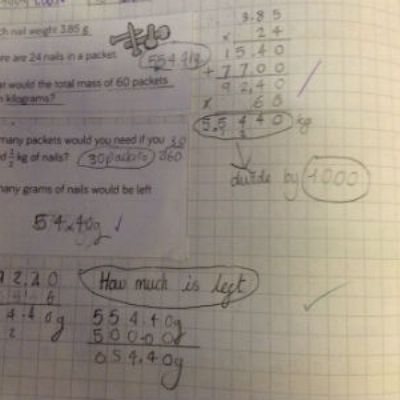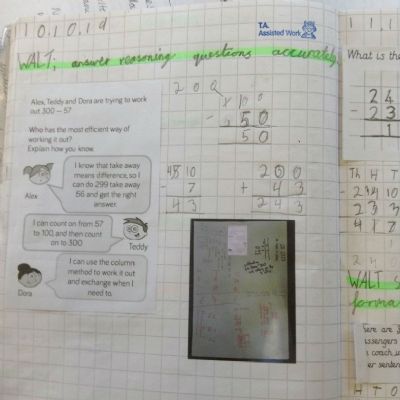Mathematics
Mathematics is a core subject of the National Curriculum. It is given a high priority at Wilbury Primary School. It is a tool for everyday life and it teaches children to make sense of the world around them through developing their ability to calculate, to reason and to solve problems.
At Wilbury children develop the skills, confidence and competence with numbers and measures. They cultivate an understanding of the number system, a range of computational skills and the ability to solve number problems in a variety of contexts. Mathematics also demands practical understanding of measurement and graphs, diagrams, charts and tables. At the heart of our Mathematics is the ability to calculate mentally.
Pupils who grasp concepts rapidly are challenged with rich and sophisticated problems before any acceleration through new content. We are encouraging all children to approach maths as deep, reasoned thinkers. Those who are not sufficiently fluent with basic skills are given opportunities to consolidate their understanding before moving on.
We use ‘White Rose Hub’ progression maps to inform our teaching and planning, to ensure coverage of the national curriculum and to enable children to build on the skills they are learning year-on-year.
We also make use of the Wilbury Calculation Policy (a step-by-step guide to the four operations) to inform our planning and ensure consistency across the school with the teaching of maths.
Maths in the Early Years
In Early Years we follow the Maths curriculum set out in the EYFS educational programmes, and ‘Development Matters’ leading to the Early Learning Goals for Maths at the end of Reception – Number and numerical patterns. Children learn about maths through play and their daily experiences. The learning environment (indoors and out) is full of mathematical opportunities and has exciting things for children to explore, sort, compare, count, calculate and describe. We use number games and counting songs, and role-play to get used to maths in real world scenarios. We explore shape and space through block play and making models, and explore measure and capacity through cooking, sand and water play, and in the mud kitchen.
In Reception, we use ‘White Rose Hub’ progression maps to inform our teaching and planning, to ensure coverage of the EYFS curriculum and to enable children to build on the skills they are learning year-on-year.
Maths in Key Stage 1 and 2
At the heart of how we interpret the curriculum across Key Stages One and Two are the three core strands of Understanding, Reasoning and Problem Solving. This is achieved through practical, pictorial and abstract activities.
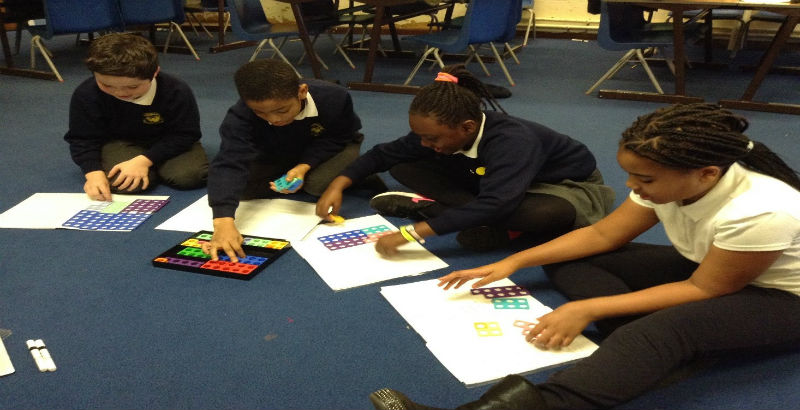
Practical
At Wilbury, we develop children’s Mathematical understanding through practical activities that require the children to use concrete materials to demonstrate their knowledge. This enables children to create a visual representation of a calculation that will help them to have a clear understanding of the concept.
Pictorial
Leading on from the practical activities, children then represent a calculation pictorially. This enables children to represent a calculation visually and further demonstrate a child’s understanding of a concept. Pictorial representations also help children to successfully answer both number calculations and reasoning/worded problems.
Abstract
As a result of working both practically and pictorially, children are then able to complete calculations in the abstract.
At Wilbury, children are also given the opportunity to use their knowledge of a mathematical concept to apply it to a reasoning question. This requires the children to explain their answer in a numerical or worded form.
What can you do to help your child at home?
As a parent, you can help your child to enjoy maths from an early age. As with all learning, doing it together and making it fun is the most effective way to learn!
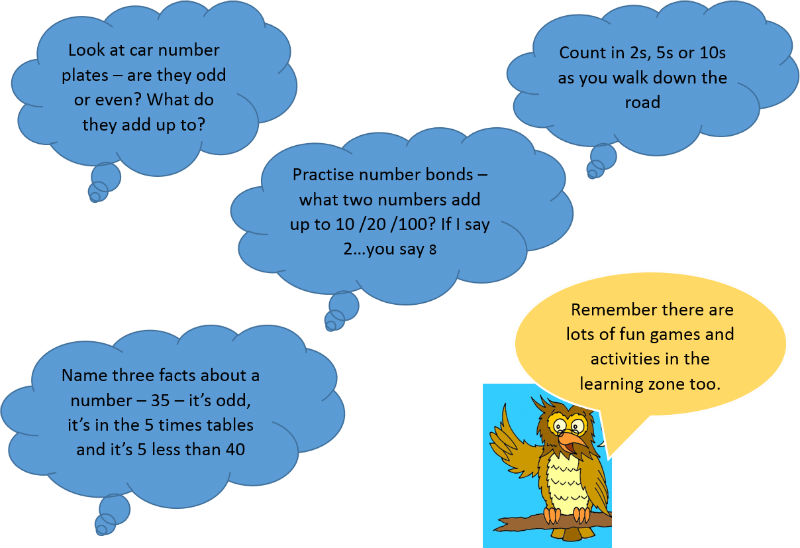
Here are some resources you could use at home:
Race to 100 game
Top Marks Website
IXL Website
Prodigy Maths Website


